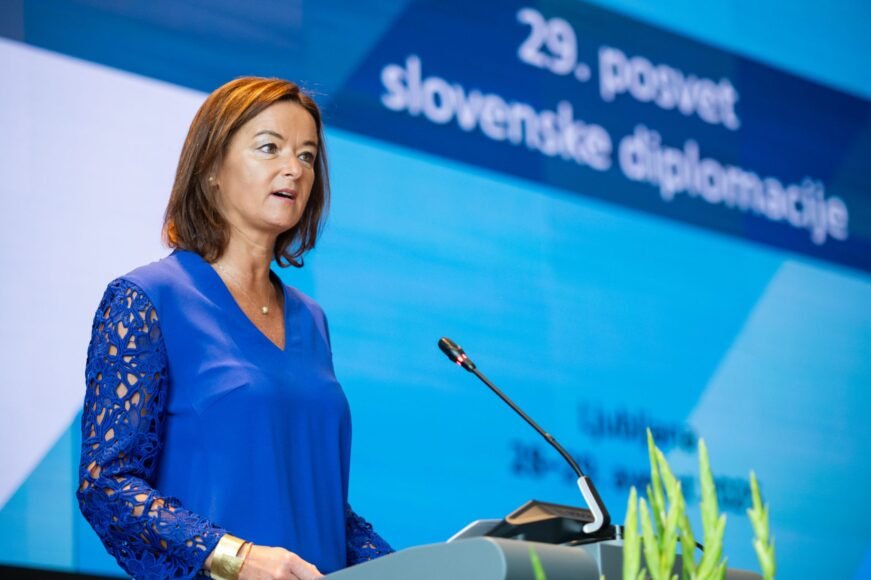The EU-Mercosur trade agreement is facing fierce opposition from European farmers, who argue that the deal threatens their livelihoods by allowing an influx of cheaper, potentially lower-quality agricultural products from South America, including Brazilian beef. Farmers fear such imports could undercut local prices and render their businesses unsustainable.
Protests against the deal erupted last week in France, where the country’s main agricultural union, FNSEA, announced on Tuesday that demonstrations would persist. Tractors from another union, Coordination Rurale, have already taken to the streets near the European Parliament in Strasbourg to voice their discontent.
France has led the charge against the deal, making it the most vocal critic among EU nations. Efforts by the country, Europe’s second-largest economy, to mobilize opposition on agricultural grounds appear to be gaining traction. On Tuesday, Poland joined the resistance, potentially delivering a significant political setback to European Commission President Ursula von der Leyen, who had hoped to cap off her first term by sealing this trade agreement—25 years in the making—before starting a second.
Polish Prime Minister Donald Tusk declared his government’s rejection of the agreement’s agricultural provisions during a cabinet meeting on Tuesday. Echoing the rhetoric of French President Emmanuel Macron, who has fought hard to delay the deal, Tusk stated: “Poland will not accept the agreement with South American countries in its current form.”
Building Opposition
Despite France and Poland’s hardline stance, it remains uncertain if Paris can rally sufficient support to block the EU-Mercosur deal entirely.
Before Poland’s announcement, only Austria, France, and Ireland had openly opposed the trade pact. Even with Poland’s support, the resistance still falls short of the 35 percent qualified minority of the EU’s population needed to halt the agreement. For now, the fate of the accord hangs in the balance as the debate continues across Europe.













Leave a Reply